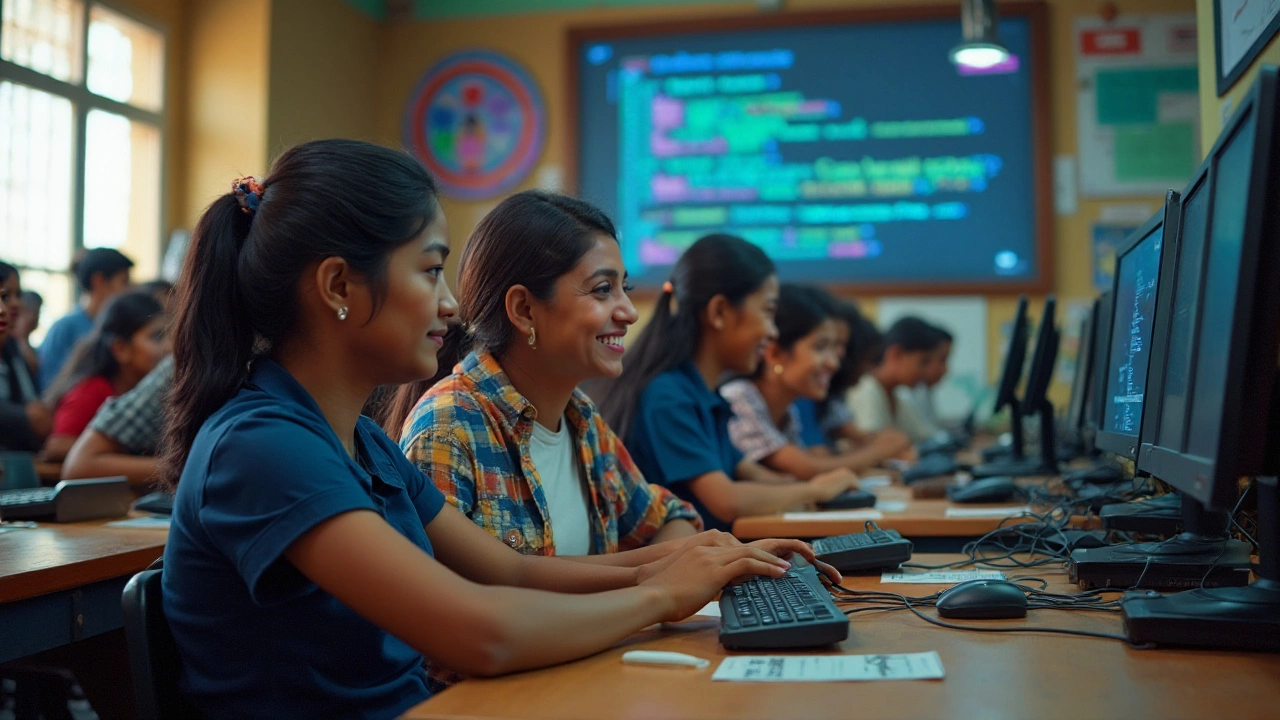Learn Programming: Your Quick‑Start Guide
Thinking about coding but not sure where to begin? You’re not alone. Most newbies ask the same thing: which language should I learn first, and how do I keep the momentum? The good news is you don’t need a computer science degree to write useful code. A few focused steps can get you building simple projects in weeks, not years.
Pick the Right Language
Start with a language that feels natural and has plenty of tutorials. Python tops the list because its syntax reads like plain English, and it powers everything from web apps to data analysis. If you’re drawn to creating websites, HTML, CSS, and JavaScript let you see results instantly in a browser. For mobile fans, Dart (used with Flutter) offers a smooth learning curve and lets you launch both Android and iOS apps from one codebase.
Don’t overthink it—choose what excites you the most. The easiest language for you is the one you’ll actually use. Browse a few short videos or code‑along tutorials, then settle on the one that clicks.
Build Real Skills Fast
Once you’ve picked a language, focus on small, tangible projects. A to‑do list app, a simple calculator, or a personal blog are perfect starters. They let you practice variables, loops, and basic logic without getting lost in abstract theory.
Pair coding with free platforms like Replit or GitHub Codespaces. These browsers let you write, run, and share code without installing anything. When you hit a bug (and you will), Google the error message—this habit is the fastest way to learn debugging.
Try the “learn‑by‑doing” method: follow a tutorial for 20 minutes, then pause and recreate the step on your own. Repeating the process solidifies concepts far better than passive watching.
Don’t ignore the community. Join Reddit’s r/learnprogramming, Discord study rooms, or local meetups. Asking questions and seeing how others solve problems expands your toolbox faster than solo study.
Finally, set a tiny goal each day—write ten lines of code, fix a bug, or read a short article. Consistency beats marathon sessions. After a month of these bite‑size wins, you’ll notice real progress and confidence to tackle bigger challenges.
Ready to start? Grab a laptop, pick a language, and dive into a simple project today. The path to becoming a coder is built one line at a time, and the resources you need are just a click away.

